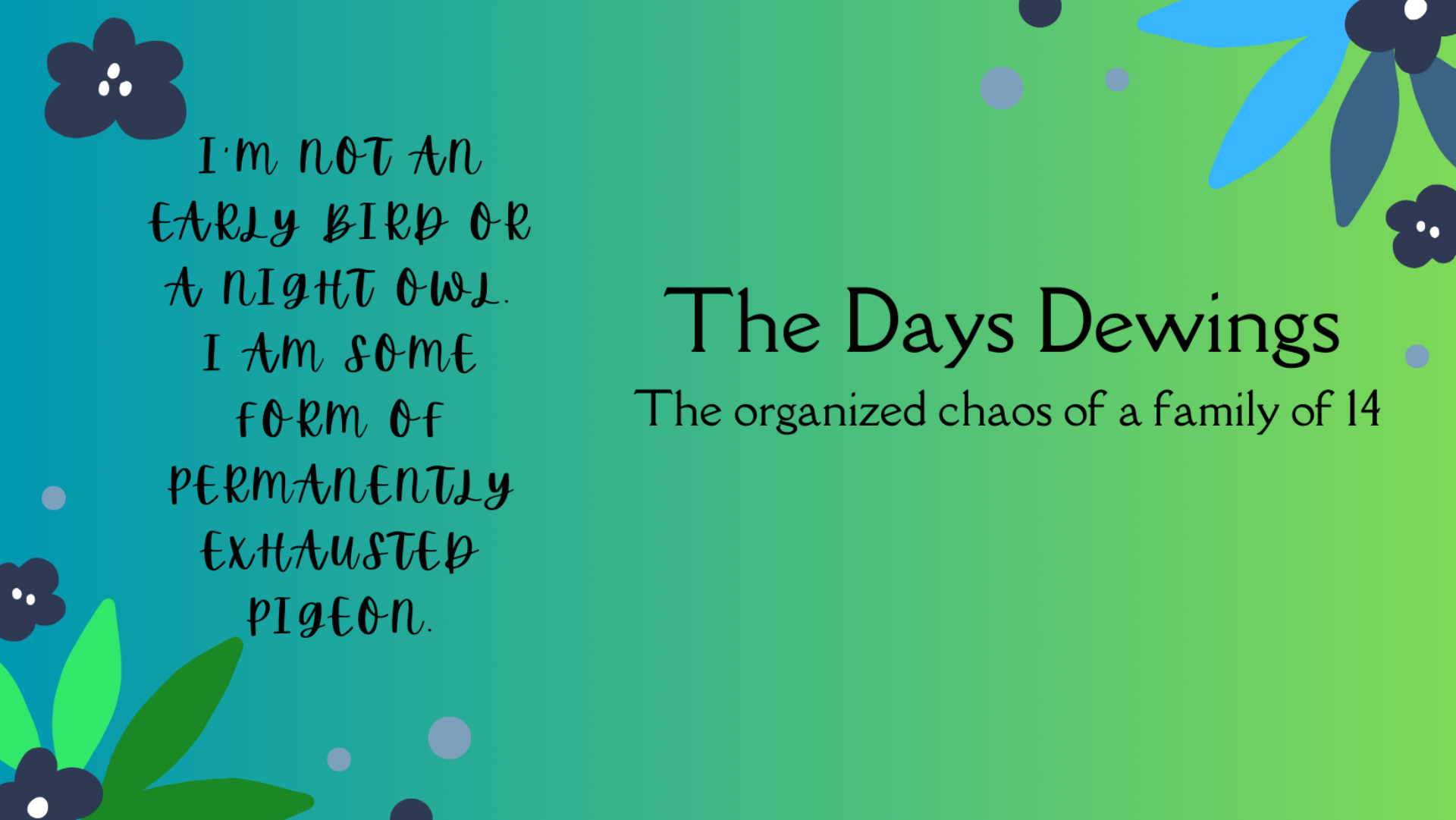A guide to preschool education
A couple of years ago, in my role as a local journalist I was asked to cover a luncheon. The luncheon was held to laud the efforts of preschool educators and to raise awareness for more funding for federal Head Start programs geared to instruct children aged three to four. For nearly two hours, the speeches droned on: speeches from local educators, from policy makers, and from the wife of the governor of our great state. For nearly two hours, they discussed various issues regarding the health, education, welfare, and success of our tiniest scholars. Then I noticed a remarkable thing: the word parents had barely been mentioned.
This got me to thinking, “Are parents really necessary?” If I were a disinterested observer at the meeting, I would certainly conclude that they are not. I would conclude that the government alone had the responsibility to provide for the future of its citizens and that parents were simply accidental providers of a human commodity: the youth of our nation. In fact, from the tone of the speeches, I would conclude that parents were often obstacles to a child’s education and that his greatest chance for success was to be removed from the home as soon as possible and placed in the state’s more nurturing bosom.
Certainly, the National Education Association (NEA) must feel that way. In a report titled “Taking Steps Toward PK-3 Success,” the NEA outlines suggestions and strategies for improving educational outcomes for our children. In this fifteen-page report, parents are mentioned only once, and that is in the context of how we should provide full-day preschool programs because working parents would have a tough time dealing with part-time programs. The report encourages teachers to interact with policy makers, local businessmen, and other educators at all levels. Not once are teachers encouraged to interact with parents.
On its website (www.nea.org), the NEA outlines its goals regarding preschool education: goals that it encourages its members to push through at their local levels. The goals include the following objectives:
* “States should expand opportunities for three- and four-year old children to attend full-day, full-year Pre-K programs.” This is also called “voluntary universal preschool.”
* “All states should make kindergarten compulsory and require districts to offer it and require all five-year-old children to attend.”
* “States should require publicly funded pre-kindergarten teachers to have a four-year college degree and be certified in early childhood education.”
* “Public schools should be the primary provider of prekindergarten programs, and additional funding must be allocated to finance them in the same manner as K-12 schools.”
The report, “Taking Steps Toward PK-3 Success,” concludes with this statement: “Where state statutes and laws prevent it, change must be initiated by taking steps to revise the regulations and requirements. Policymakers, school districts, and educators have the ability to improve children’s educational experiences through policies and regulations that improve teachers’ job quality.” Once again, parents are left completely out of the equation.
It is not hard to see how the policies cited above would benefit teachers and the NEA, but does it necessarily follow that these policies are in the best interests of our children?
teaching preschoolers. Many parents must think so. Today more than half of four-year-olds and more than a third of three-year-olds are in preschool programs. In families with greater incomes, the numbers are even higher. According to statistics supplied by the National Center for Education in 1996, families making more than $50,000 a year had more than 75% of four-year-olds and 55% of three-year-olds enrolled in preschool.
“There is a big push for universal preschool. I think we will have it eventually,” explained Denise Kanter. Denise is a homeschool mom who hosts a website that promotes the benefits of preschooling at home (www.preschoolingathome.org), and she conducts research related to this issue. “The [prevailing] philosophy is that if you want your kids to be smarter, get them in school as early as you can. However, the evidence does not support this.”
 Many people have bought into this philosophy and the preschool myths promoted by the NEA and their ilk. However, when you examine the issues closely, you find that the very statistics they quote are suspect and their motives may be less than pure.
Many people have bought into this philosophy and the preschool myths promoted by the NEA and their ilk. However, when you examine the issues closely, you find that the very statistics they quote are suspect and their motives may be less than pure.
